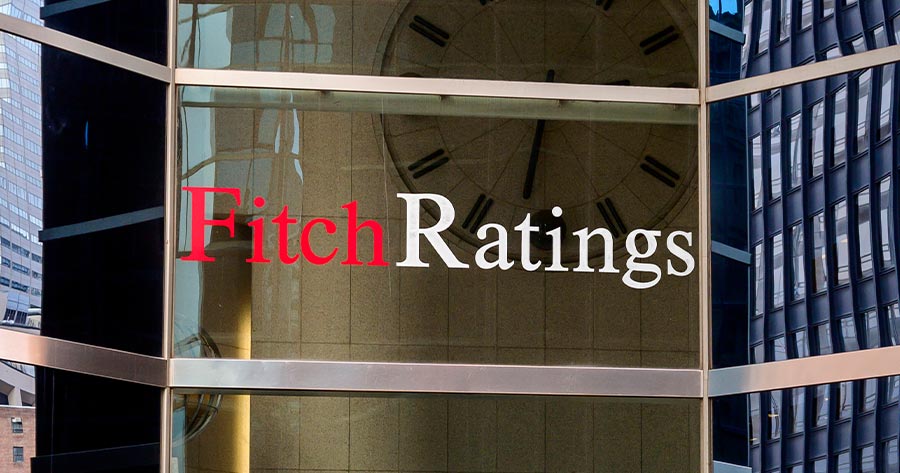Fitch Ratings has adjusted the outlook for the Thai banking sector from improving to neutral, citing a sluggish economic recovery that is expected to constrain earnings growth. The subdued pace of economic improvement, characterized by weakening exports and dampened consumer sentiment, has led to a downgrade in Thailand’s GDP growth forecast by the Thai finance ministry from 2.8% to 2.4%.
Despite the Thai banking system’s operating profit to risk-weighted assets (RWA) ratio climbing to 1.9% in 2023 from a pandemic-induced low of 1.2% in 2020, Fitch believes that the peak of the earnings rebound has been reached. The agency notes limited potential for further enhancement in banks’ net interest margins or provisioning expenses due to the persisting low levels of economic activity, which is anticipated to impede loan growth projected at 3% in 2024, down from the initial estimate of 5%.
Fitch foresees a slight uptick in the banking sector’s impaired-loan ratio to 3.5% in 2024 from 3.3% in 2023, attributing this to the ongoing repercussions of debt restructurings initiated during the pandemic. Nonetheless, the sector’s robust reserve coverage, with the loan loss allowance coverage standing at 173% in 1Q24, acts as a mitigating factor against asset quality risks. Additionally, Thai banks exhibit solid core capital levels, with an average common equity Tier 1 ratio of 16.0% in 1Q24, providing further resilience against potential downside scenarios.
The existing loss absorption buffers bolster the standalone credit profiles of Thai banks, as indicated by their Viability Ratings (VRs). Moreover, the Issuer Default Ratings of Thailand’s six domestic systemically important banks benefit from government or shareholder support ratings that are equal to or higher than their VRs. Therefore, any potential ratings downgrade would hinge on reassessments of extraordinary support prospects.
Looking ahead, an environment characterized by prolonged weak growth poses strategic challenges for Thai banks, prompting them to explore alternative business avenues such as non-bank financial institutions or overseas expansion. This diversification could impact their risk profiles, signaling a shift in their long-term operational strategies. For more insights on Thai banks’ foreign exposures, refer to Fitch’s ‘Thai Banks Dashboard: April 2024’.





